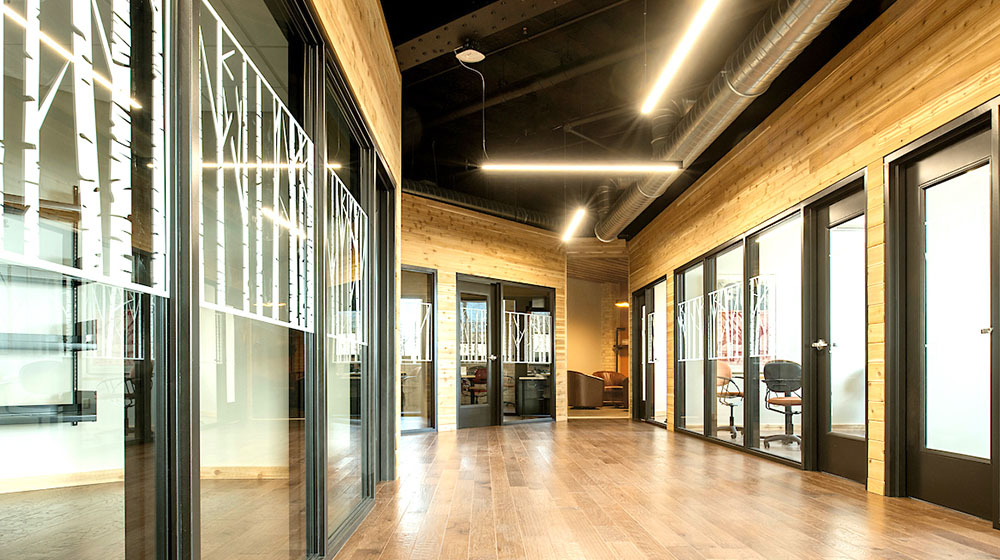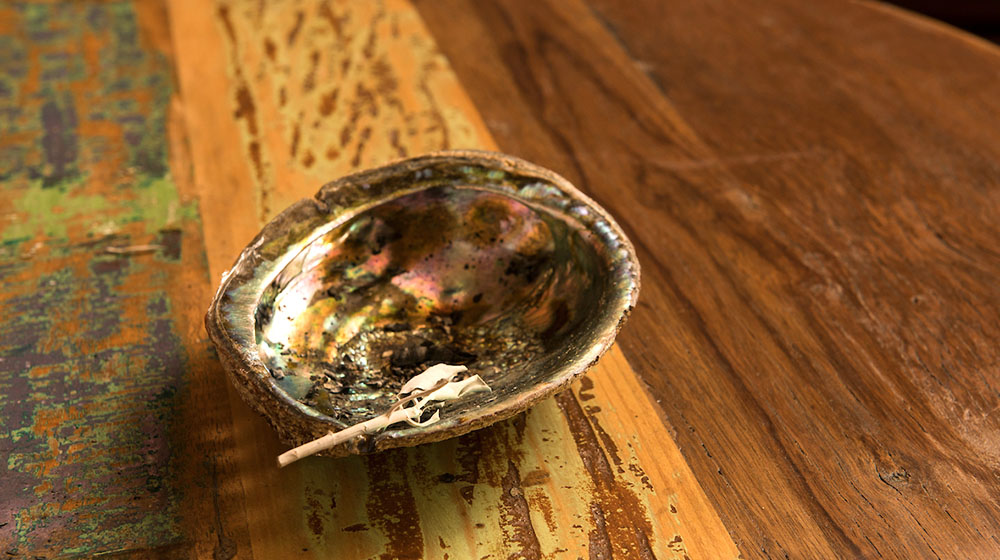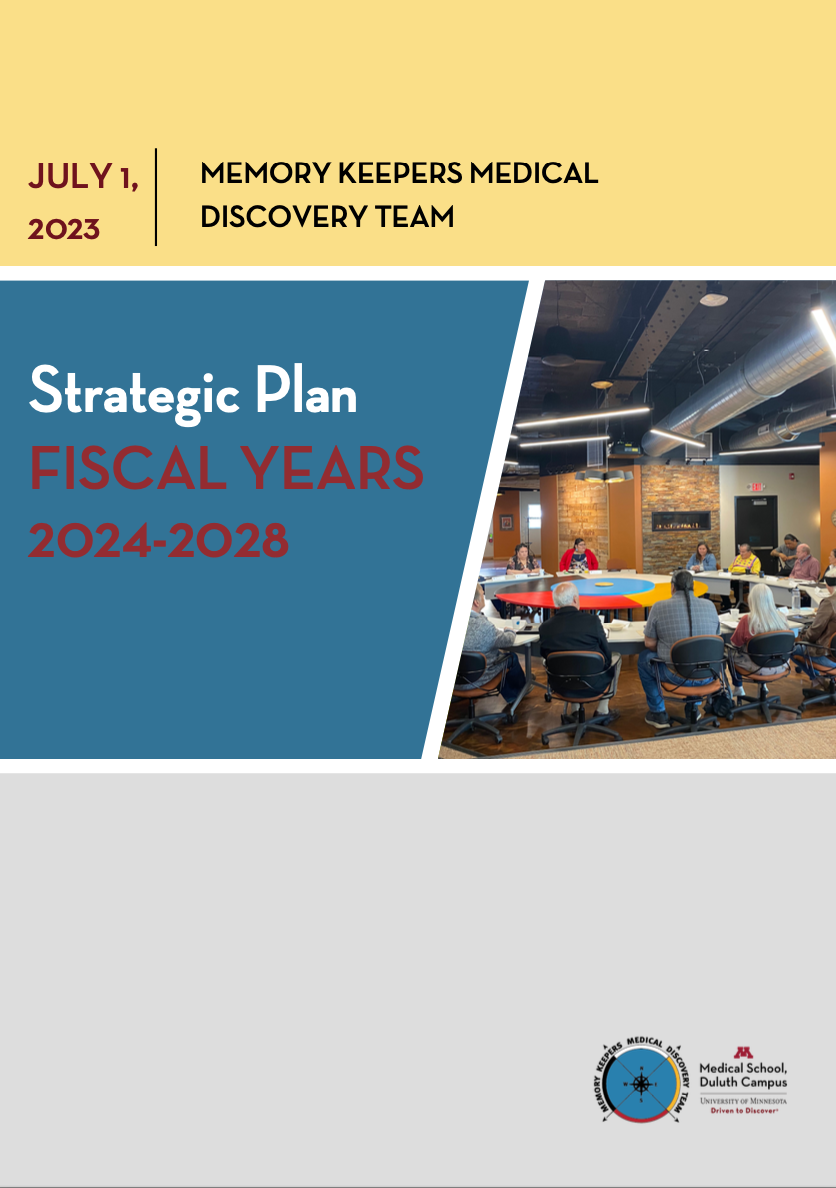About Memory Keepers Medical Discovery Team
Based at the Medical School’s Duluth Campus, the Memory Keepers Medical Discovery Team on Rural and American Indian Health Equity (MK-MDT) is one of four University of Minnesota Medical School Medical Discovery Team’s funded by the State of Minnesota legislature. The Memory Keepers Medical Discovery Team is a $15.6 million, ten-year initiative to achieve the state's goals of improving patient and population health, lowering costs and improving healthcare experiences.

Located in downtown Duluth, the Medical Discovery Team resides in a newly renovated team science workspace that encompasses multiple research offices and meeting spaces for faculty and staff. The space was designed by a local Minnesota Ojibwe architect to foster interactions among the Memory Keepers investigators, and of equal importance, to create a culturally welcoming, accessible setting for community engagement with Native people and those from rural reservation settings to facilitate their involvement in participatory research.

Cultural features incorporate the presence of a fireplace, indicating the importance of our activities, combined with a ceremonial room with ventilation to allow smudging, as well as white cedar and other building materials traditionally associated with healing. The integration of the medicine wheel is also represented in the Memory Keepers color themes and team logo. Our location in Downtown Duluth offers free parking and disability access for our visitors. In addition, there is a formal meeting space and presentation area for larger group settings, along with AV resources and videoconference capabilities for distant conversations.
Our recent building renovations in 2021 introduced additional office spaces, conference facilities, and a 720 sq. foot community-based participatory research training laboratory with high-tech capabilities to connect Indigenous and rural community leadership, advisory council members and community researchers across our region.
Core Values
- We see health and illness as holistic encompassing mental, physical, emotional, and spiritual well-being.
- Our research strives to understand the biological, social, and cultural construction of disease, illness, and health in order to improve diagnoses, develop community health interventions and improve education for dementia within the context of geographic and cultural diversity.
- We assume a strengths-based approach that values western, local, and Indigenous knowledge and seeks to synthesize these different ways of understanding into innovative forms of scientific explanation and knowledge translation.
Community Engagement
The Memory Keepers Medical Discovery Team is committed to meaningful partnerships with community stakeholders. We have convened two advisory groups to help guide our mission – the Indigenous Advisory Council and Rural Advisory Council. We also support Elders and advisors in residence to guide our day-to-day activities.
Faculty and staff members use community-based participatory research (CBPR) approaches to respectfully engage Indigenous and rural community members in all phases of planning and research. CBPR builds trust in researchers, boosts recruitment and retention in health disparities research. The results guide approaches to advance community health and foster the translation of new knowledge into community and clinical practice.
We seek to create an ethical research space that brings together University and local expert knowledge to create solutions appropriate to the population they are intended to benefit. Memory Keepers Team investigators and staff have decades of experience conducting Indigenous and rural community-engaged research. They have made significant contributions to the literature concerning ethical community-based participatory research practices within Indigenous and rural populations.
Community-Based Participatory Research Training Lab
Our Community-Based Participatory Research Training Lab includes interview and focus group training rooms, as well as spaces for observation. Our goal is to create a training framework that will build capacity among students, researchers and faculty to conduct critically engaged, scientifically rigorous health equity research that honors Indigenous knowledge to benefit Indigenous and rural communities.
Learn more about upcoming opportunities.
